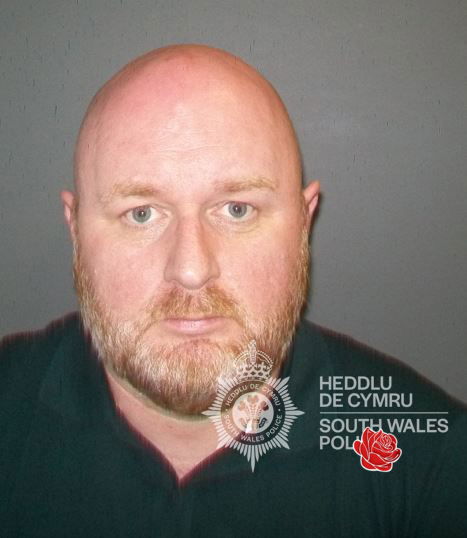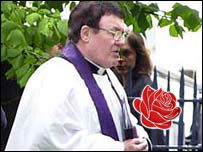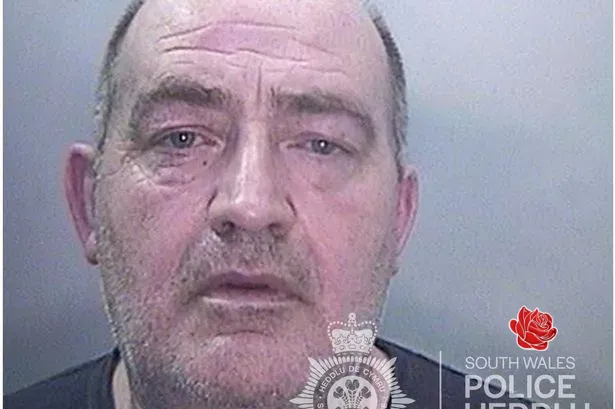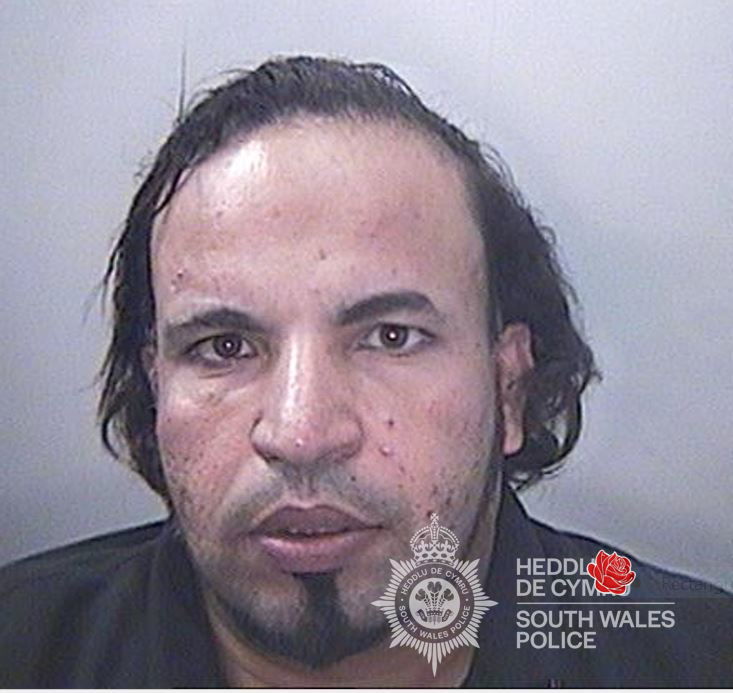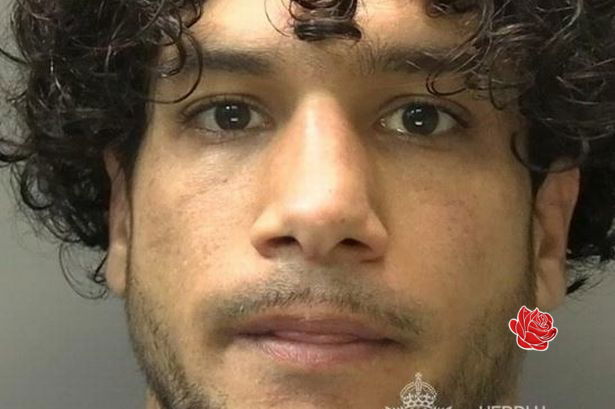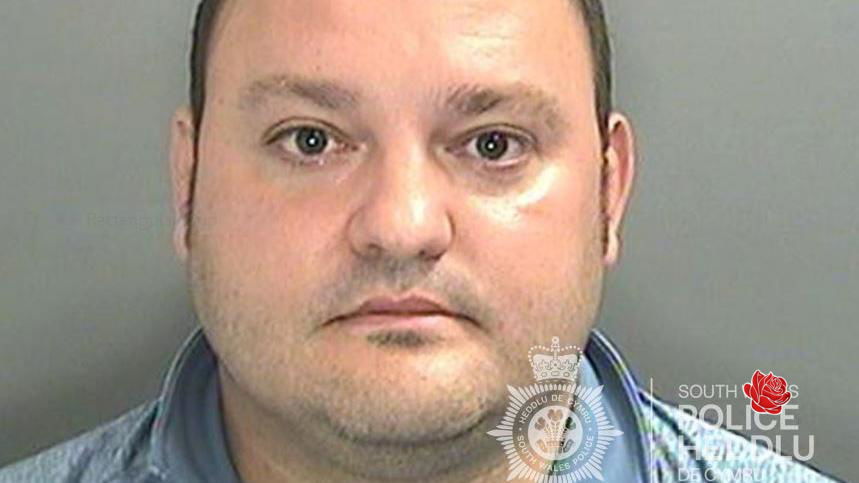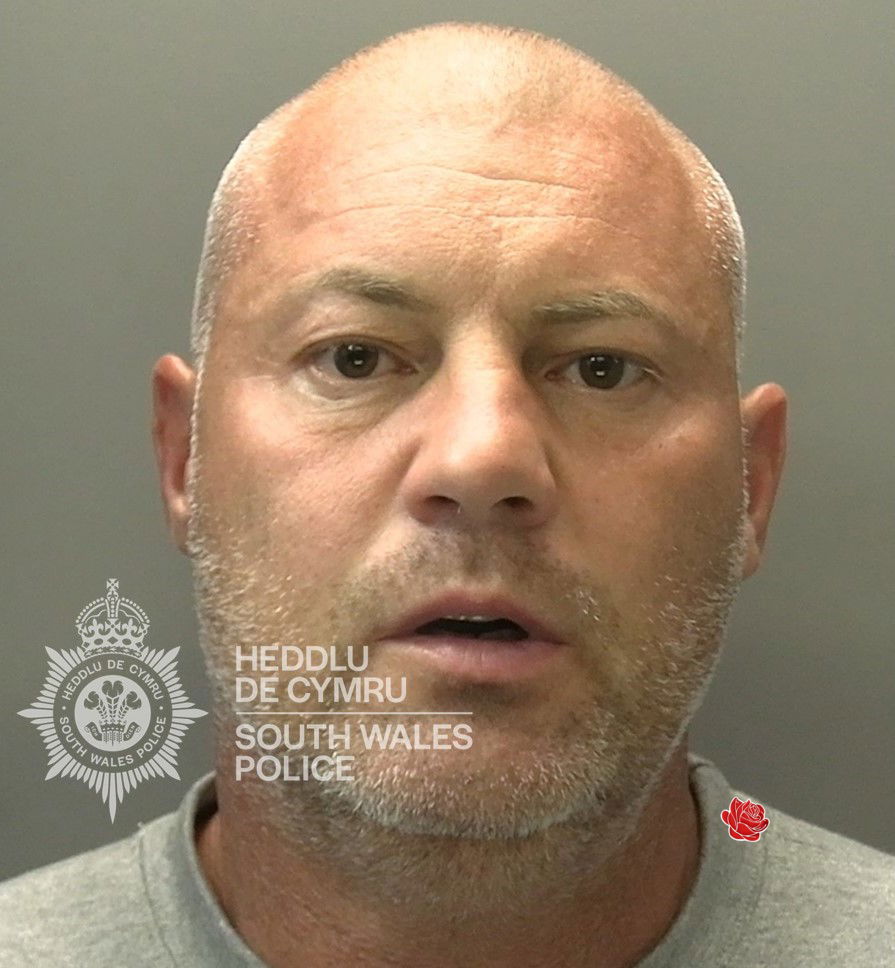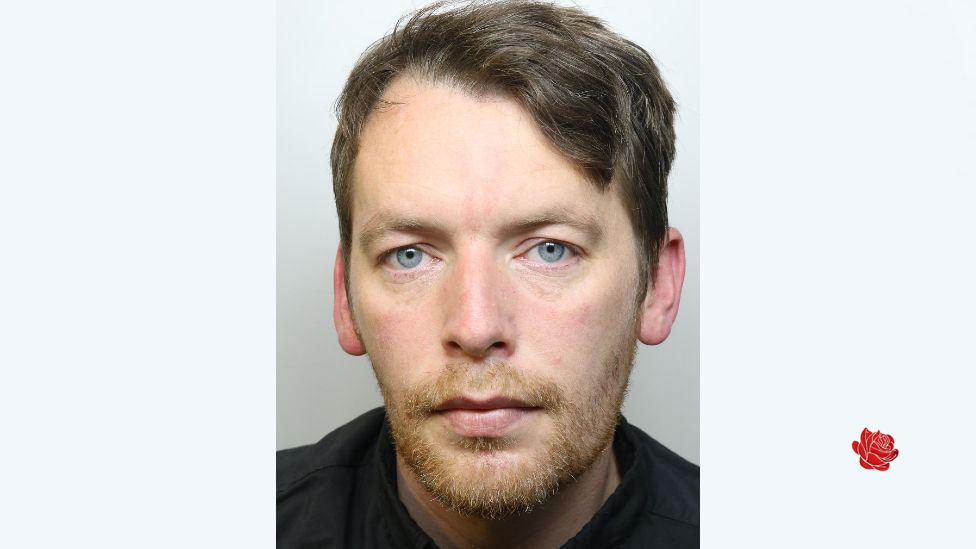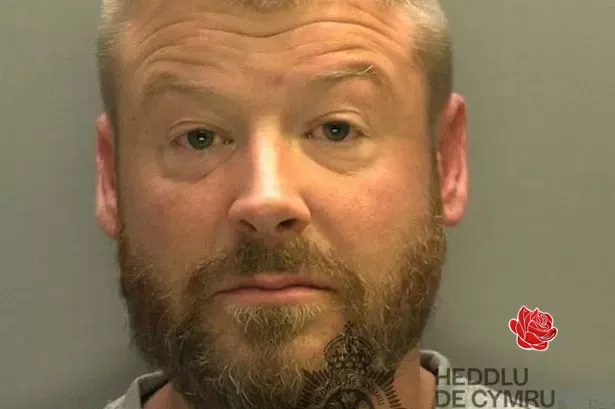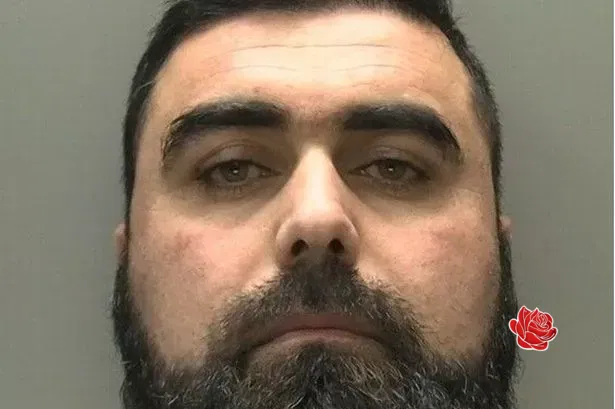Elvet Harries's Social Media Accounts
Know a Social Media Account Linked to Elvet Harries?
Want to add information? Log in to your account to contribute accounts and phone numbers.
ELVET HARRIES SENTENCED IN CARDIFF FOR DECADES OF SEXUAL OFFENCES INVOLVING MULTIPLE VICTIMS
On 14th October of the previous year, a significant legal decision was made at the Crown Court in Cardiff concerning Elvet Harries, a 39-year-old man with no prior criminal record. Harries was convicted of multiple counts of indecent assault involving young boys, a series of offenses that spanned over a decade and deeply impacted the victims involved.Harries had initially pleaded guilty to the charges, which led to his sentencing by Mr. Justice Smedley. The court imposed a total of six years' imprisonment, with specific sentences for each set of offenses. Counts 2, 3, and 4, which involved a single victim, resulted in two-year sentences to be served concurrently. Similarly, counts 5, 6, and 7, related to a second victim, also carried two-year sentences, but these were to run concurrently among themselves and consecutively to the first set. Counts 8 and 9, involving Harries' stepson, resulted in two-year sentences to be served concurrently, but these were to be served consecutively to the other sentences, culminating in a total prison term of six years.
Harries' background was discussed during the proceedings. He claimed that he had been subjected to sexual abuse himself during childhood, both by his brother and other family members. His criminal behavior reportedly began around 1973, when he was only 16 years old, and involved a disturbing pattern of indecent acts committed against a young boy, the son of a fellow Jehovah’s Witness church member, to which Harries also belonged.
The nature of the offenses was particularly serious, involving acts of mutual masturbation and oral sex. These acts persisted until the victim reached the age of 15, at which point Harries was in his early twenties. The indictment detailed that the first set of offenses spanned from 1973 to 1981, with the impact on the victim described as devastating. A statement from the victim, now an adult with a family of his own, highlighted the profound and lasting effects these experiences had on his life.
In addition to the first victim, Harries was also accused of abusing a second young boy, beginning when the boy was six and continuing until he was 14. These offenses mirrored the first, involving mutual masturbation and oral sex. The third victim was Harries’ stepson, with the abuse starting in 1992 when the boy was seven and ending in July 1995 when he was nine. The assaults on the stepson included acts of masturbation and, on one occasion, an attempted act of oral sex.
Harries was arrested on June 20 of the previous year following a police complaint from the first victim. During police interviews, Harries admitted to the offenses, revealing that he had also been abused as a child, which he claimed contributed to his own offending behavior. He disclosed details about the second victim, who had not initially reported the abuse, and acknowledged that he had assaulted his stepson as well. Harries expressed remorse and recognized his need for professional help to address his behavior.
Pre-sentence reports indicated that Harries appeared unaware of the harm caused to his victims and posed a high risk of reoffending. Psychiatric evaluations by Dr. Croy and Dr. Williams, conducted in September and October respectively, both concluded that Harries posed a significant danger to young boys if released. It was recommended that he undergo specialized treatment within a prison setting, which was scheduled to include participation in a Sexual Offender Treatment Programme.
Supportive letters from Harries’ wife and his stepson were also presented to the court. His wife expressed her intention to stand by him, while the stepson, who was one of the victims, wrote a heartfelt letter stating his desire for his father to return home.
The presiding judge described the offenses as extremely serious, emphasizing that they spanned nearly Harries’ entire adult life since he was 16. Despite his guilty plea and cooperation with authorities, the judge acknowledged the gravity of the crimes. Harries had made efforts to apologize to the victims, with letters sent to them prior to police involvement, indicating some remorse. The judge also noted the importance of Harries receiving treatment and suggested that he be placed within the prison system where he could access the Sex Offenders Treatment Programme.
However, the court considered whether the original six-year sentence was appropriate. A single judge had previously granted leave to appeal, noting that the mitigation factors, such as Harries’ cooperation and early plea, might not have been fully reflected in the sentence length. The court recognized that the offenses involved three separate victims, committed over different periods, and that consecutive sentences were justified.
After careful deliberation, the court concluded that the two-year sentences for each offense were excessive. An appropriate sentence was determined to be 18 months for each count, with the sentences for counts 2, 3, and 4 to run concurrently, and similarly for counts 5, 6, and 7. The sentences for counts 8 and 9, involving the stepson, would also be 18 months each, served concurrently but consecutively to the other sentences. This adjustment would result in a total prison term of approximately four and a half years, reflecting the severity of the crimes while considering the circumstances of the case.

